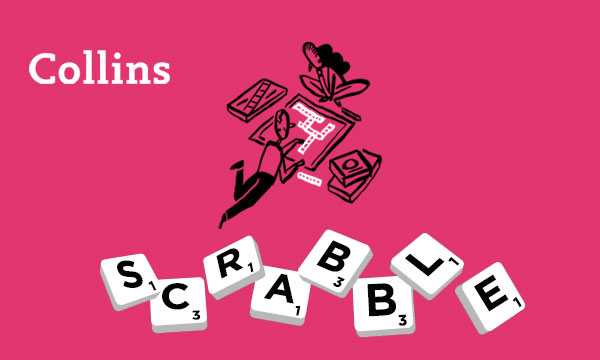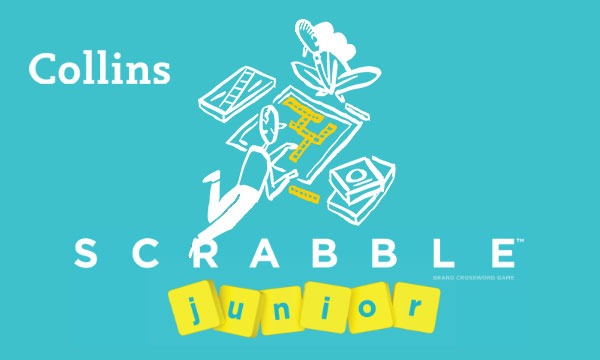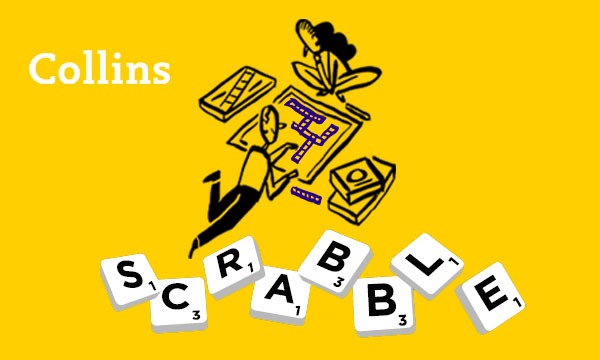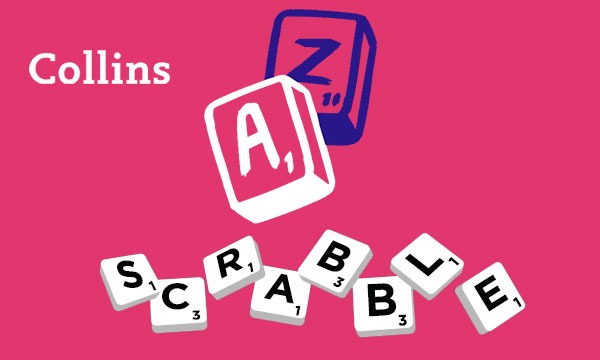Craig Beevers, the current World Scrabble Champion, tells us his top tips.
1. Know your short words
Two and three letter words can enable you to score 20-30 points move after move without any big plays. Once they’re second nature you’ll have lots of parallel play opportunities at your fingertips, making lots of small words in one go. This also allows you to play off unwanted tiles and get those big plays down on the board.
2. Score and leave
Scrabble is fundamentally about scoring the most points, but when you play a move you also need to think about what you leave behind on your rack. Try to balance your vowels and consonants, avoiding duplicates letters to give you more options when your next turn comes along. Don’t be afraid to change, if you’re not going to score much and you’re stuck with largely the same rubbish next time then it is often better to change.
3.Understand their worth
A single blank tile is worth around 25-30 points, that is you should only play your blank if it means you score at least another 25 points. S similarly is worth around 8 points. Other tiles you would happily sacrifice the odd point to get rid of, such as a V or U. Be aware of synergy – how well (or badly) certain tiles go together. A Q or U on their own are poor, but together they’re far stronger.
All opinions expressed on this blog are those of the individual writers, and do not necessarily reflect the opinions or policies of Collins, or its parent company, HarperCollins.



